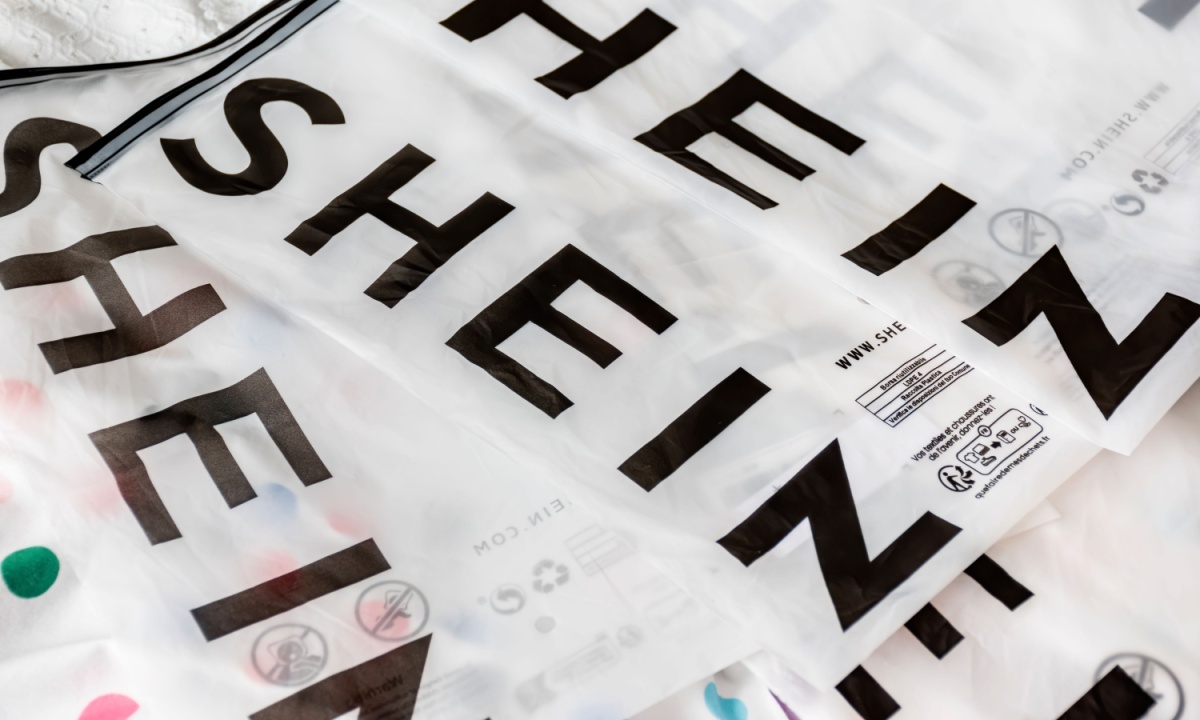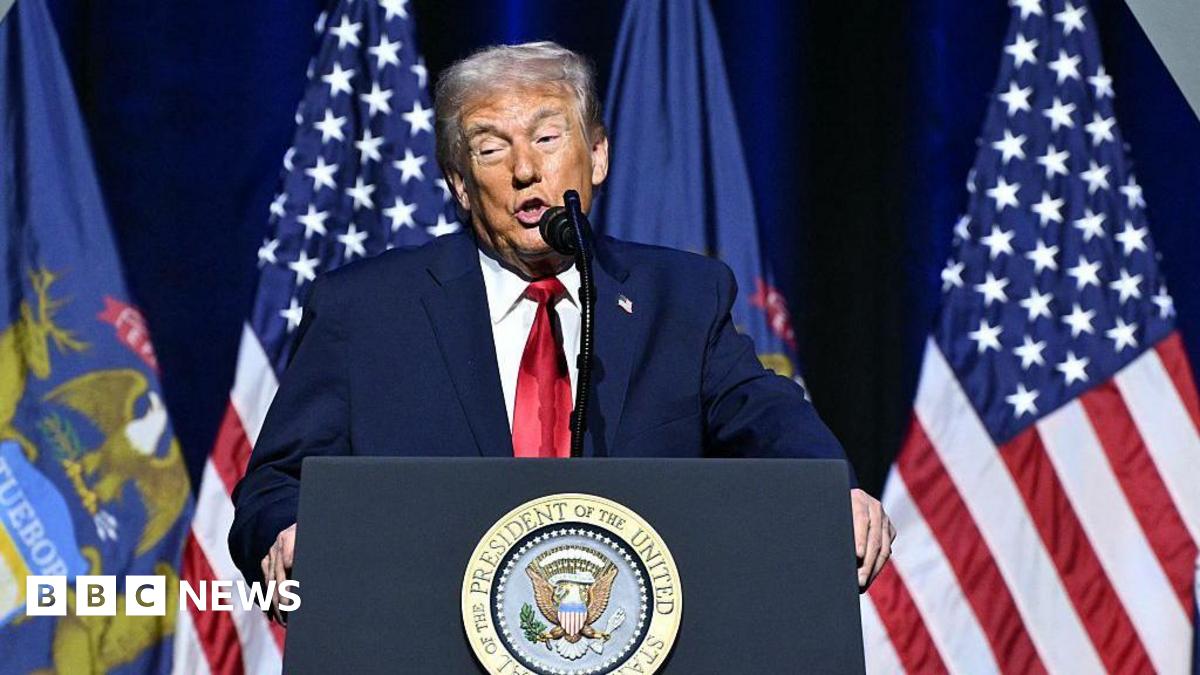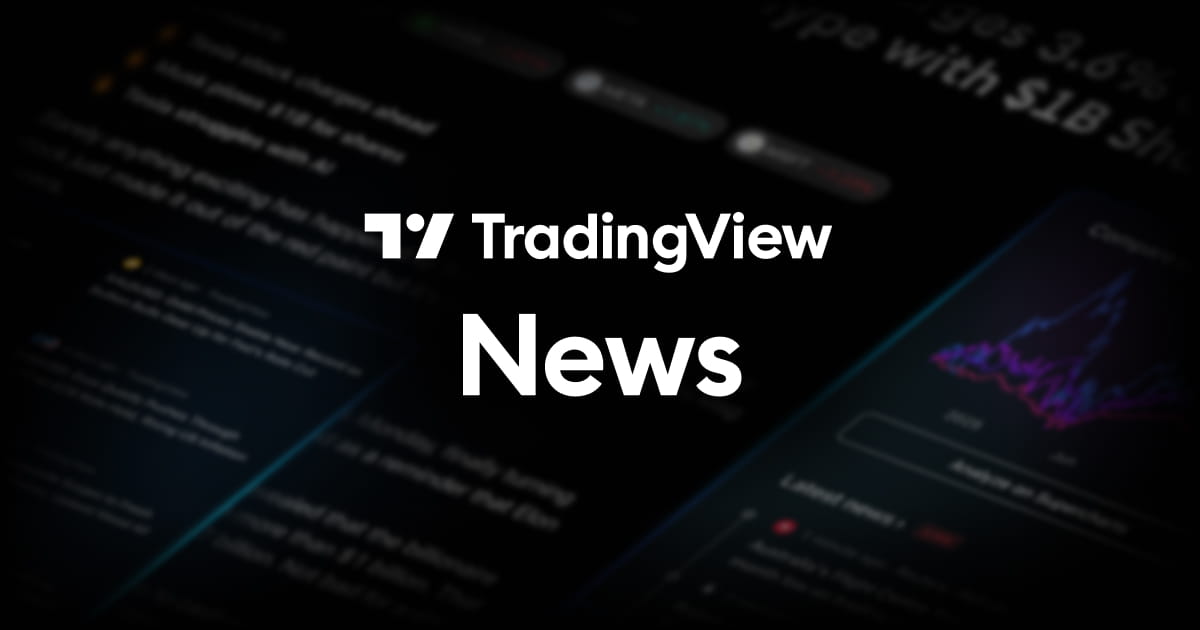Online fast-fashion retailer Shein is stepping up its internal compliance efforts after being hit with several regulatory penalties across Europe, according to Reuters. The company, which ships low-cost apparel and accessories from China to more than 150 countries, is facing mounting legal and reputational challenges as it continues its global expansion.
Per Reuters, a letter to investors from executive chairman Donald Tang revealed that Shein has established a new “Business Integrity Group” designed to unify its compliance, governance, and external affairs operations. The company has also enhanced its internal audit functions to improve accountability and ensure stronger adherence to local laws and ethical standards.
Over the past three months, Shein has faced a series of major fines, according to Reuters. French regulators levied a €150 million ($174.5 million) penalty over alleged misuse of website cookies to collect consumer data without consent, a €40 million fine for misleading pricing practices, and Italy imposed a €1 million fine for greenwashing. The company is contesting the data privacy penalty but could face further sanctions if European investigations determine that its products violate safety standards.
Founded in China and now headquartered in Singapore, Shein has filed for a public listing in Hong Kong following unsuccessful attempts to debut in New York and London. According to Reuters, the company has been piloting stronger compliance measures in markets such as the United States, Canada, Brazil, and Mexico. Internal memos also indicate that Shein is expanding its audit and compliance hiring in Los Angeles, though it remains unclear whether these are new or replacement roles.
Related: Italy Fines Shein €1 Million for Misleading Environmental Claims
A source familiar with the company’s internal restructuring told Reuters that the overhaul targets Shein’s most vulnerable areas — including copyright protection, product safety, and marketing practices — where regulatory risk is highest. The source added that the company’s leadership has recognized the need for a more disciplined approach as its international profile continues to grow.
According to Reuters, Tang’s letter also acknowledged significant “political and regulatory headwinds” in Europe, as well as the impact of U.S. tariffs on Shein’s largest market. The removal of duty-free privileges for low-value online orders has forced the company to raise prices, potentially dampening sales growth. Despite these challenges, Tang wrote that Shein’s performance in the second quarter remained in line with its global expansion plans.
Regulatory scrutiny has been particularly intense in France, where an OECD-linked agency recently concluded that Shein fails to meet several international guidelines on responsible business conduct, labor rights, and environmental transparency. The report, published September 29, criticized the company’s lack of openness regarding its financials, governance structure, and global operations.
In response, a Shein spokesperson told Reuters that the investigation “at times did not reflect the neutral mediation intended by the OECD framework” and rejected claims of non-compliance with European legislation.
Source: Reuters









